Beloved Blog
Join the Conversation
Want to write for us? Let us know! You can find our submission form here.
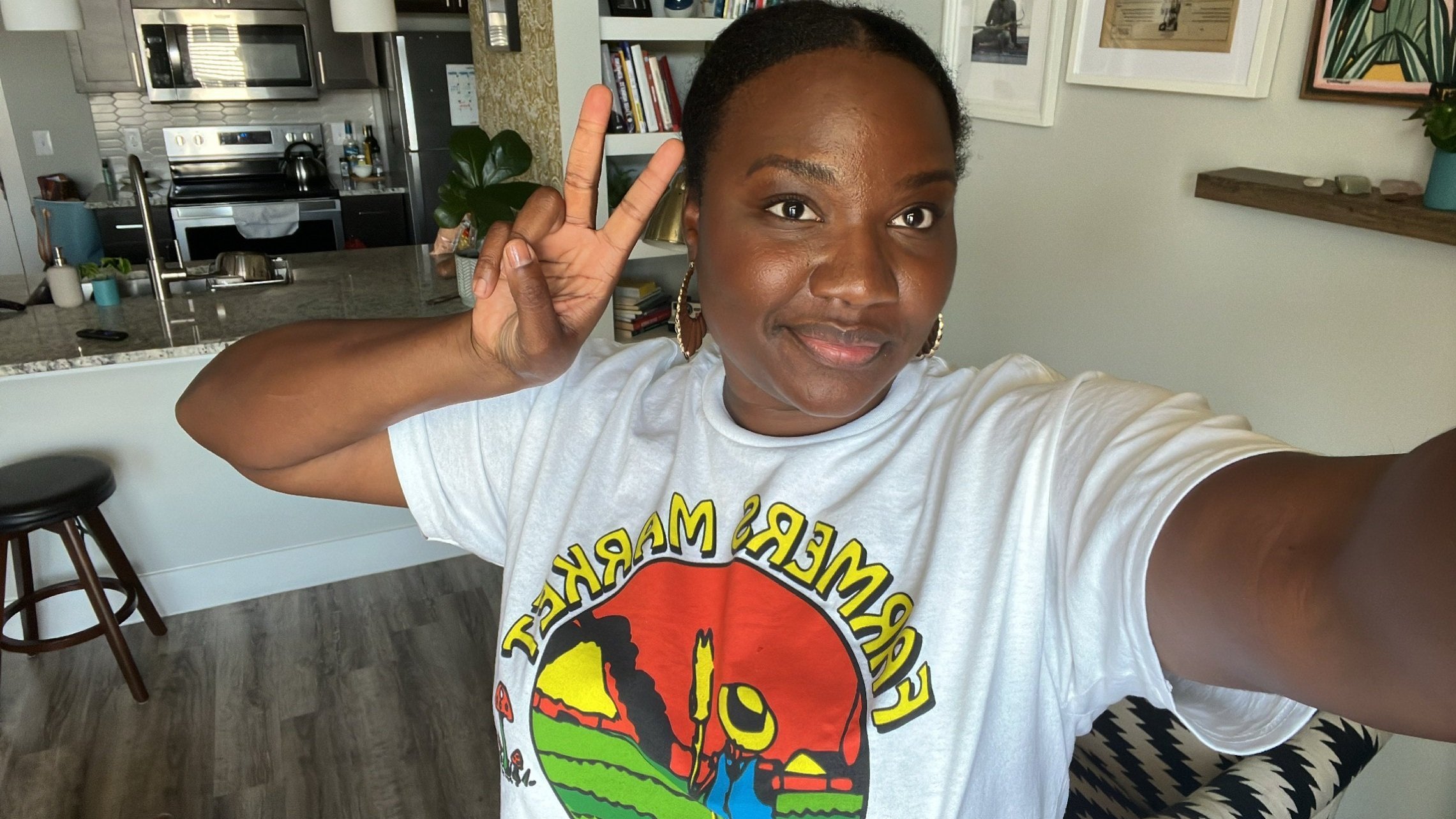
Are you encouraging this toxic behavior at work?
Code-switching has become a way for people to navigate uncomfortable places where their truest, most authentic selves have not been accepted by mainstream society, particularly in work environments. Guest author Monti Hill (she/her) shares her recommendations for how to interrogate professionalism in the workplace and center inclusion and belonging in your policies and practices.
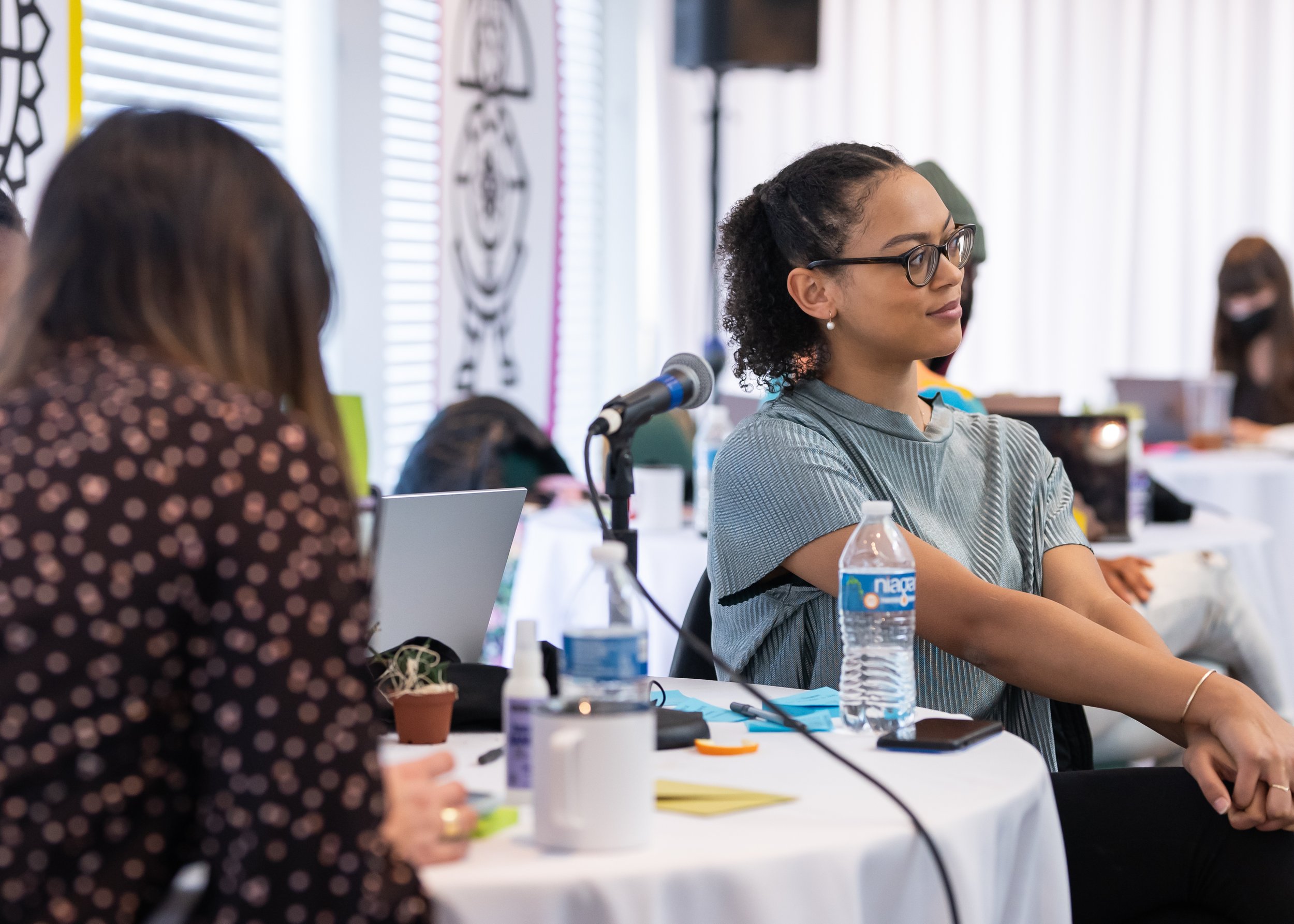
Inside the Beloved Community IRB
The Beloved Community IRB is one of less than two dozen IRBs based at nonprofits in the US. We are one of even fewer IRBs housed at a Black womxn led nonprofit. This is important because the vast majority of IRBs are based at university and college campuses and research centers; by launching an IRB at Beloved Community, we disrupt existing systems of knowledge production and research approval. Under FDA regulations, an Institutional Review Board (IRB) is a group formally designated to review and monitor research involving ‘human subjects’. In accordance with FDA regulations, an IRB has the authority to approve, require modifications in (to secure approval), or disapprove research.

Breaking down the glass cliff
Highland Leader and founder of Beloved Community Rhonda Broussard shares the challenges of the “glass cliff”—when leaders, namely Black women, are moved into roles in times of chaos or crisis, and not equipped with adequate resources, staff, training, or support—and it’s at the cost of our mental and physical well-being. Read what else Gabrielle Wyatt, founder of the Highland Project, has to say about how can companies prioritize women who have been intentionally marginalized by institutions and systems.

Reclaiming the right to rest
At Beloved Community, we are interested in how rest makes you more compassionate and allows you to connect with people as people more deeply. What does it mean to feel rest in your body? What can rest do for the ways that you show up for yourself and others? How does it unlock your ability to dream and create with abundance? There is so much available to us if we slow our brains and bodies down.

The Value of Building Community Power Through Research
At Beloved Community, we believe that disrupting existing power structures in research requires centering the lives of those historically excluded at every stage in research design. Interrogating power dynamics in research means re-imagining the relationship between researchers and communities. Participatory Action Research (PAR) is a research framework that emphasizes ‘power with’ and shared power. PAR encourages equitable collaboration between researchers and participants and is founded on the assumption that community members most impacted by an issue are best placed to design and implement that research.

Exposure Therapy for Allies
One of my favorite rituals at Beloved Community is starting each meeting with a warm welcome. It’s a way to connect with one another in a virtual space and sometimes to connect with yourself as you share personal anecdotes or fond memories. Our team’s latest warm welcome question sure put me in a nostalgic mood: “Who is a TV character that you identified with at a young age?”
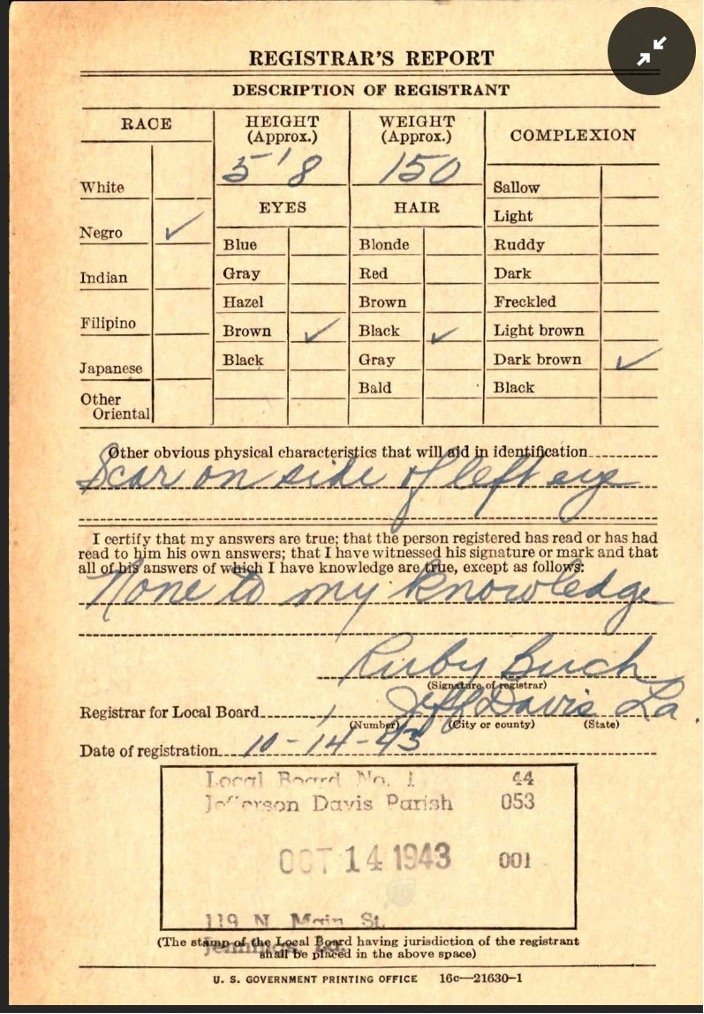
Veterans Day: Dreams Deferred for Black Soldiers.
I know three things about my grandpa Joe: he was in the Navy, he was a chef, and he’s the reason I was born in San Diego instead of Mamou. He died when I was barely able to walk, but my mom has a black and white picture of him hanging above her fireplace. It’s strange having never seen him in color.
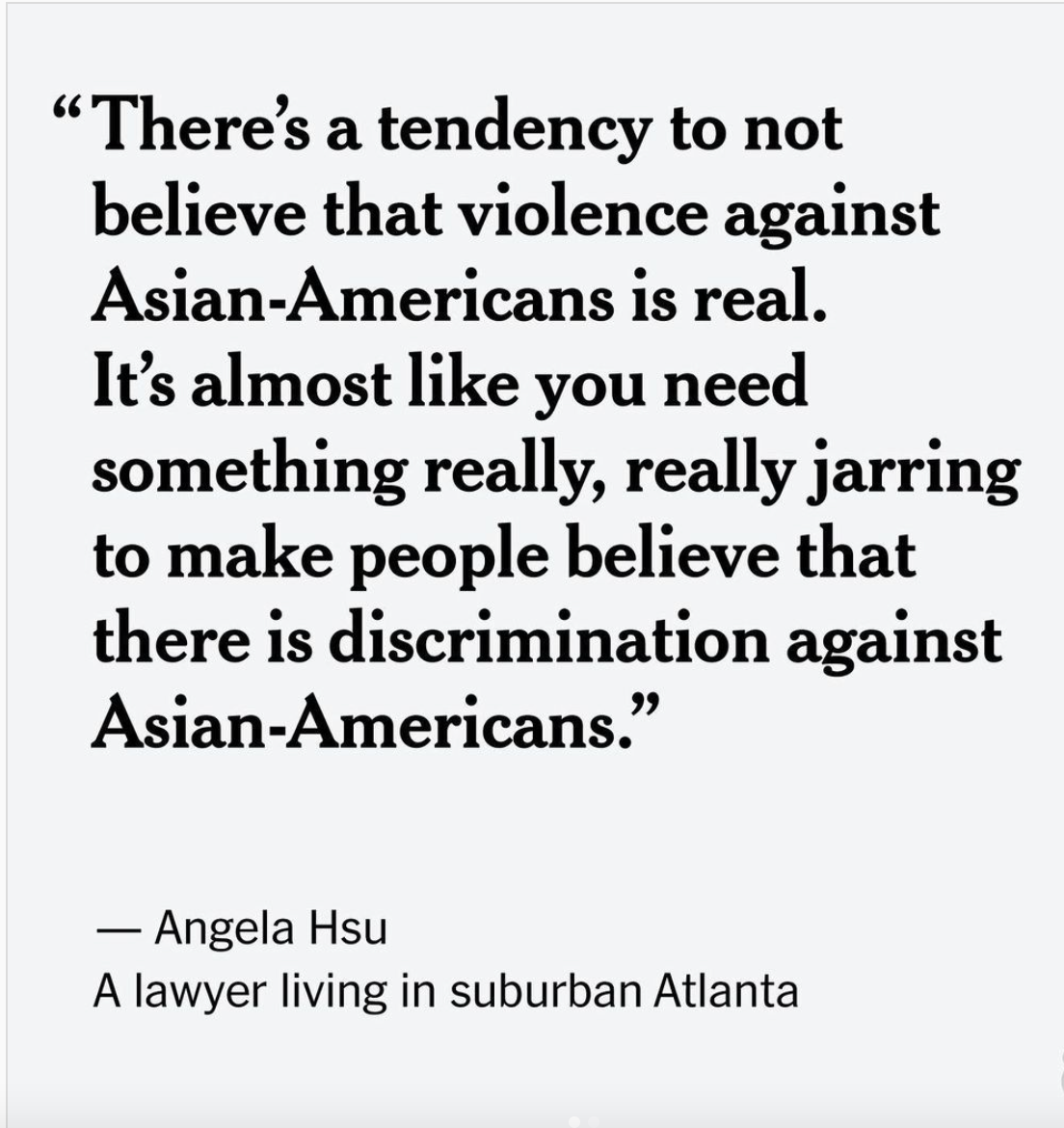
Interrogating Inaccuracies: Hate Crime Data and APIDA Communities.
Anti-Asian violence is rarely categorized as a hate crime by law enforcement. In fact, it is worth noting that the very process of determining what constitutes a hate crime is deeply flawed, revealing how various legal institutions play crucial roles in reinforcing identity hierarchies and dismissing the intersectionality that shapes people’s lives.
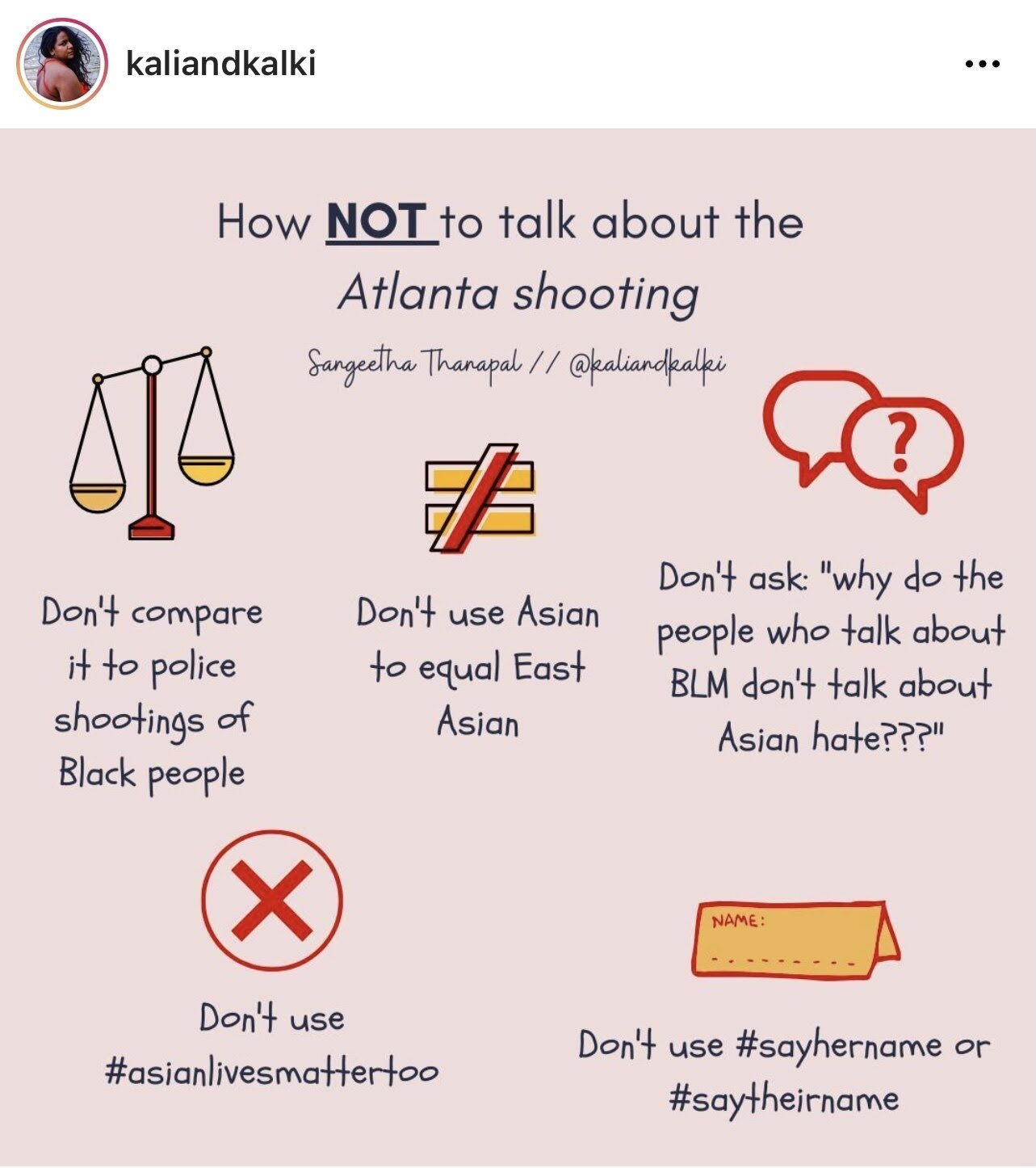
Multiple Truths
People often don’t make space for the existence of others’ experiences due to a real fear of a false assumption: that doing so will erase the existence of their own experiences.
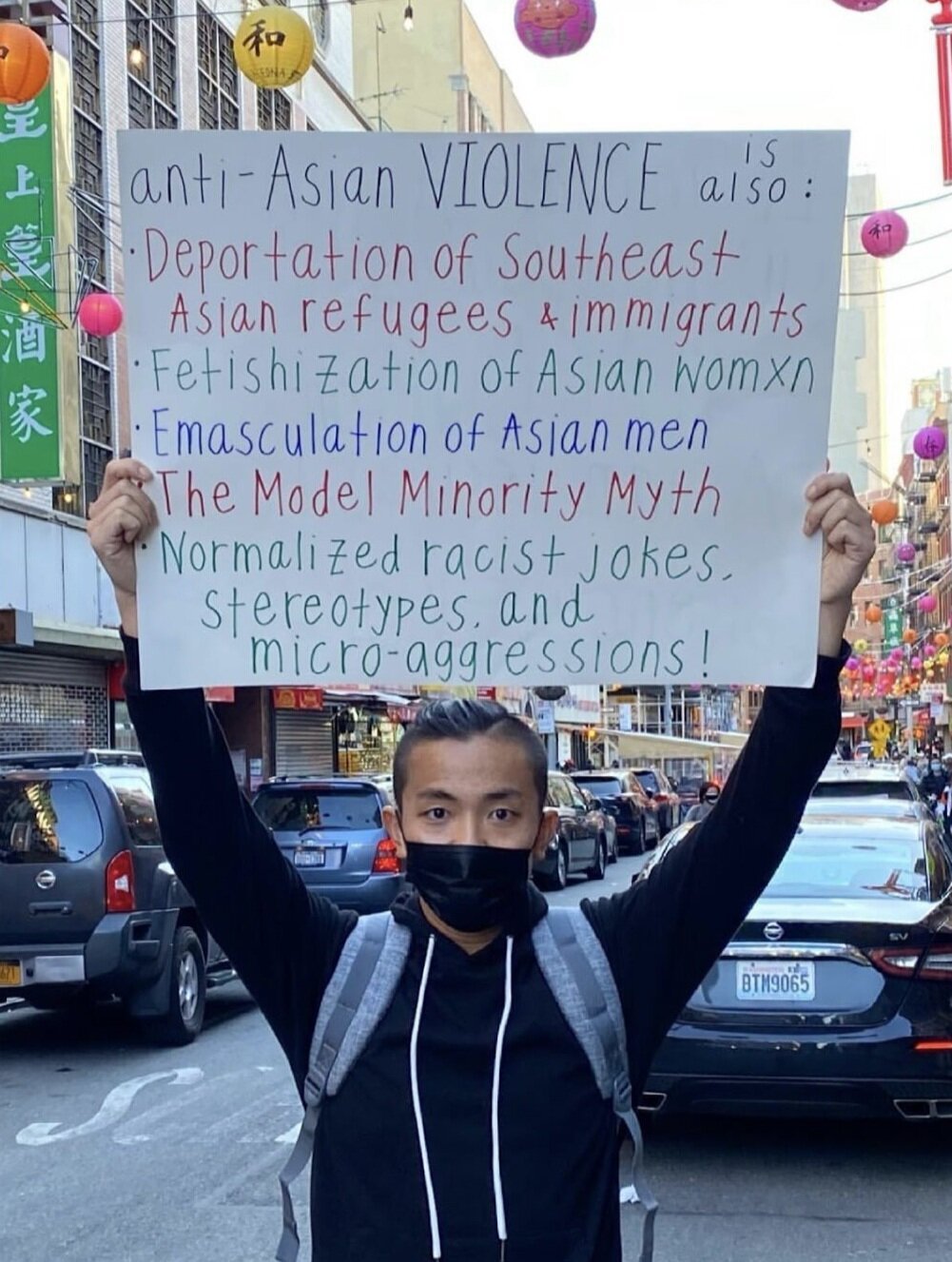
APIDA Complexities: Learning, Unlearning, Relearning
Domestic (to the United States) and global APIDA communities are complex and diasporic. In order to dismantle anti-Asian violence, we must start by disaggregating and differentiating Asian identities, experiences, and cultures that typically get lumped together and create dangerous monoliths. The mythology of the model minority is one of those monoliths. The model minority myth asserts that the “Asian community” is high achieving and successful, positioning them as an exemplar for other BIPOC to emulate.
